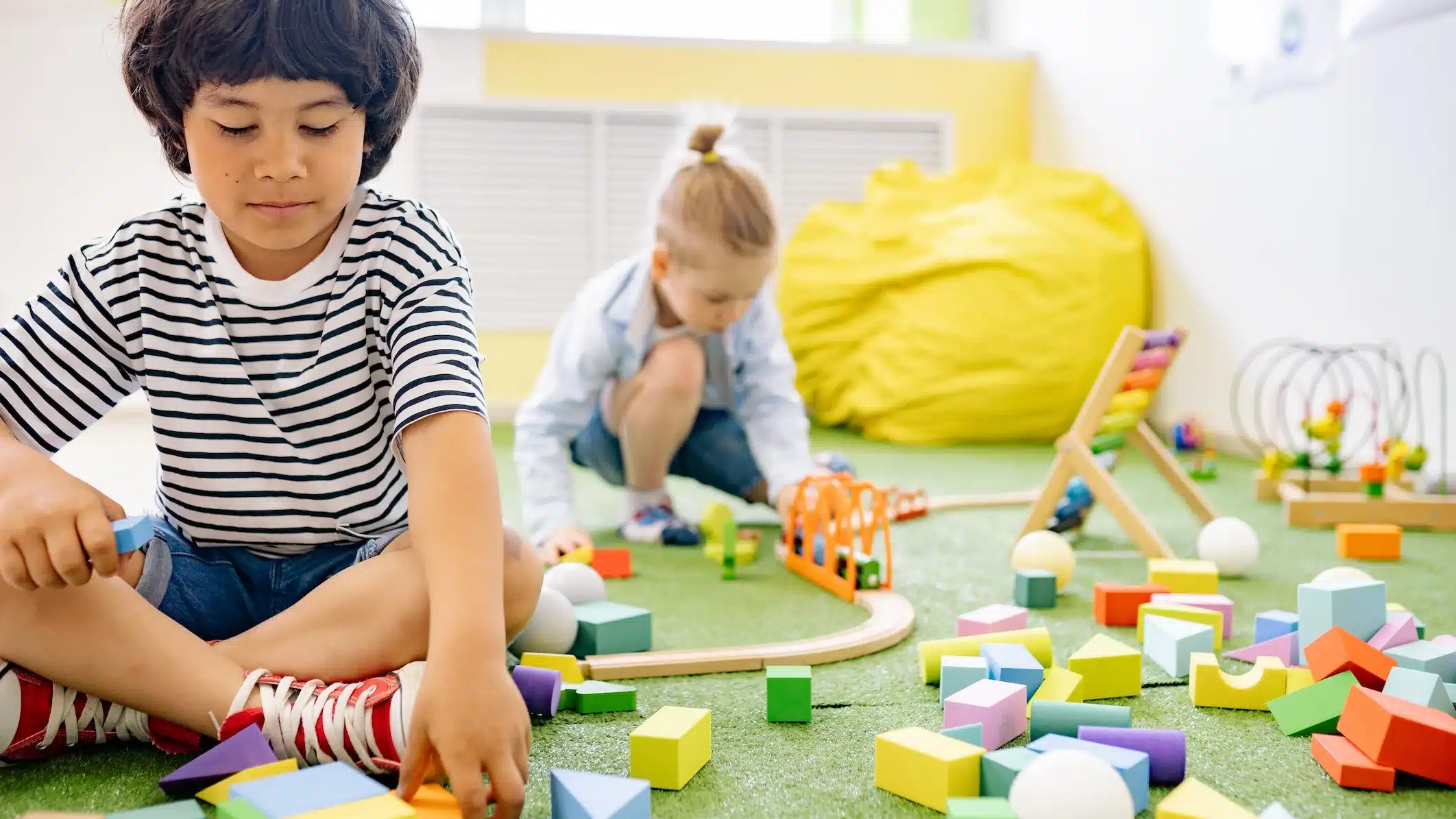Choosing the perfect toys for your child is a vital aspect of fostering their growth, creativity, and overall happiness. Toys serve not only as entertainment but also as essential tools that support various developmental milestones. When selecting toys, several key factors should be considered to ensure that you make the best choices for your child’s needs.
Safety is the foremost consideration when choosing toys. It is crucial to select toys that are age-appropriate and free from hazards such as sharp edges, small detachable parts, or toxic materials. For younger children, avoid toys with small parts that could pose a choking risk. Always look for safety certifications and labels that indicate compliance with safety standards. This diligence helps prevent accidents and ensures a safe play environment.
Another important factor is your child’s developmental stage. Children progress through different developmental phases at varying rates, which influences their interests and needs. For infants, sensory-stimulating toys like soft plush toys or colorful rattles are ideal. As children grow into toddlers, they benefit from toys that promote fine motor skills, such as stacking blocks or simple puzzles. For older children, consider toys that challenge their problem-solving abilities or ignite their creativity, like building sets or art supplies.
Open-ended toys are particularly beneficial as they can be used in numerous ways, encouraging imagination and creativity. Examples include building blocks, interlocking bricks, or simple dolls and action figures. These types of toys allow children to invent their own scenarios and stories, enhancing cognitive and social skills through imaginative play.
Durability and quality of toys are also essential considerations. Children often handle their toys roughly, so selecting items made from sturdy, non-toxic materials is crucial for longevity. Long-lasting toys not only provide better value for money but also contribute to reducing waste, making them an environmentally friendly option.
It’s equally important to consider your child’s interests and preferences when choosing toys. Pay attention to what captivates their attention and excites them. A toy aligned with their interests is more likely to be cherished and frequently used. However, introducing toys that encourage new skills or interests can broaden their horizons and promote well-rounded development.
Interactive toys that foster social interaction can be especially beneficial. Board games teach children about teamwork, patience, and following rules while providing opportunities for family bonding. Similarly, outdoor play items like balls or bicycles help develop physical skills and instill a love for active play.
Simplicity in toy design often trumps complexity. Toys that do less can encourage children to engage more actively in play by using their imagination and problem-solving skills. Simple toys tend to be more engaging and educational over time since they require children to think creatively during play.
In summary, choosing the perfect toys for your child involves balancing safety, developmental appropriateness, durability, and alignment with their interests. Thoughtful selection of toys can provide your child with tools that not only entertain but also educate and inspire them, laying a strong foundation for future growth and happiness. By focusing on these aspects when purchasing toys, you can create a rich play environment that nurtures your child’s development across various domains.

